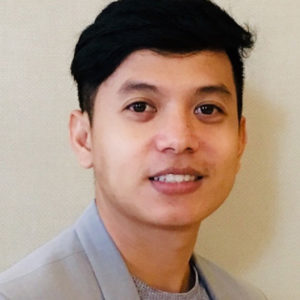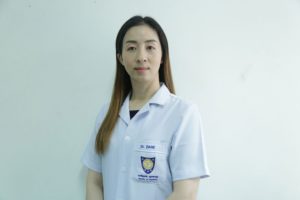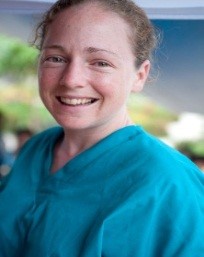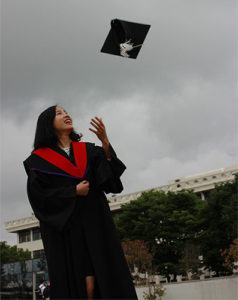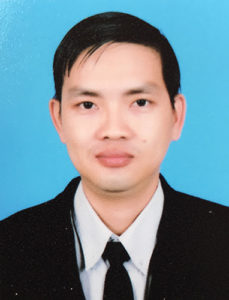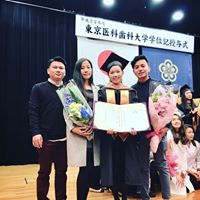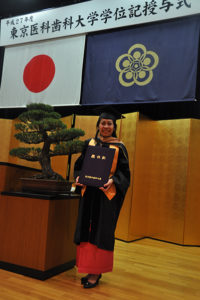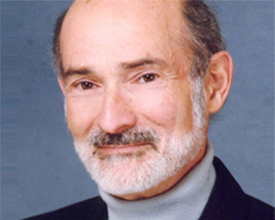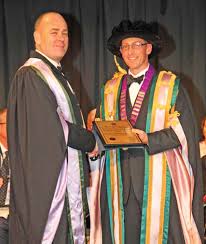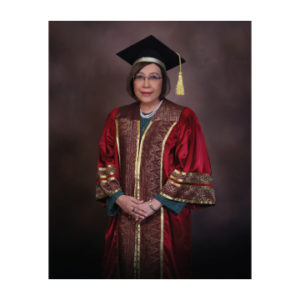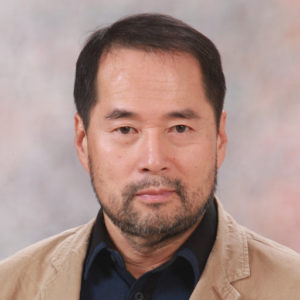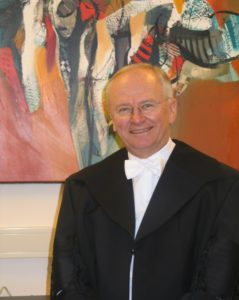Dr. SOEURN Visal
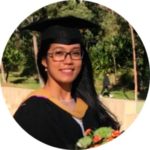
The Southeast Asian (SEA) Division of the International Association of Dental Research includes Taiwan, Singapore, Hong Kong, Indonesia, Thailand, Malaysia, Vietnam, Philippines, Myanmar, Cambodia, Laos and Nepal. Not only do young dental researchers from some of these countries have financial difficulties to conduct research, but they also lack proper infrastructure, access to cutting-edge technologies and senior, well-experienced dental researchers to guide them.
IADR SEA Mentor Mentee Program was initiated in 2015 to support young dental researchers from the SEA low-income countries by matching them with senior, experienced mentors from the region. IADR SEA Mentor Mentee Program was initiated in 2015 to support young dental researchers from the SEA low-income countries by matching them with senior, experienced mentors from the region.
In 2019 the IADR (SEA) called for applications for mentees from each of the beneficiary countries, including Cambodia. This year Dr Khom Pisal, UP Dental Business Development Manager was chosen as one of the two dentists from Cambodia. Each mentee is expected to present a short research proposal for funding (capped at US$2000). Thereafter, IADR will select an appropriate mentor in the respective field of dental research who will help develop mentee’s proposal. Subsequently, the mentee will conduct the research project under the supervision of regional and international senior dental researchers. In addition to regional mentors, IADR will also introduce international experts to the mentees in their respective fields of study. The program will enable them to obtain a great research experience to further their careers in Dentistry.
The mentees are expected to present their work at IADR SEA meetings, and if possible in IADR General meetings. IADR SEA will help with some additional funding in the form of travel award for the mentees to take part in these IADR meetings. The IADR SEA will also organize a mentor-mentee networking session. This will include more career development guidance in the areas of preparation of mentees for local and international funding, supervision of postgraduate students and international aid for local dental research projects. This will ensure these young researchers will become local dental research leaders in future.
Moreover, mentees will have opportunities to publish their research work in international reputable journals under the supervision and support from mentors. Hence, there will be a measurable research outcome from the proposed study.
Congratulations to Dr Pisal who last year completed her MPH/MHM in Australia and is now keen to become more involved in some of the research that the Faculty of Dentistry is doing. She is planning a research study on Cambodian dentists perceptions and practices related to Covid-19.


